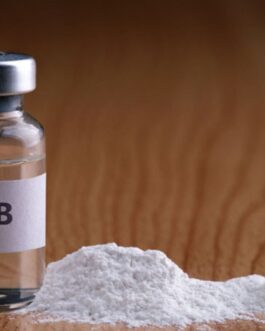Stimulants
Stimulants are a class of substances that increase activity in the central nervous system (CNS), leading to heightened alertness, improved mood, and increased energy. They can affect various neurotransmitters in the brain, primarily dopamine and norepinephrine, which play key roles in motivation, attention, and the reward system.
Types of Stimulants:
- Prescription Stimulants:
- Amphetamines (e.g., Adderall, Dexedrine): Often prescribed for ADHD and narcolepsy.
- Methylphenidate (e.g., Ritalin, Concerta): Also used to treat ADHD and certain sleep disorders.
- Modafinil (e.g., Provigil): Used to treat narcolepsy and sleep disorders.
- Illicit Stimulants:
- Cocaine: A powerful and illegal stimulant that is highly addictive and can cause severe health issues.
- Methamphetamine: A potent and addictive drug that can cause significant psychological and physical problems.
- Natural Stimulants:
- Caffeine: Found in coffee, tea, and many soft drinks, caffeine is the most widely consumed stimulant worldwide.
- Nicotine: Found in tobacco products; it has stimulating effects but is also highly addictive.
Effects of Stimulants:
- Positive Effects:
- Increased attention and focus
- Enhanced mood and feelings of euphoria
- Increased energy levels
- Decreased appetite
- Negative Effects:
- Anxiety and jitteriness
- Insomnia
- Increased heart rate and blood pressure
- Potential for addiction and abuse
Showing all 10 results
-
Buy 4C-PVP Online
$320.00 – $3,000.00 Select options This product has multiple variants. The options may be chosen on the product page -
Buy 4F-MPH Online
$330.00 – $1,900.00 Select options This product has multiple variants. The options may be chosen on the product page -
Buy Cheap 5-Meo-DIBF online
$320.00 – $2,900.00 Select options This product has multiple variants. The options may be chosen on the product page -
Buy Crystal Methamphetamine online
$320.00 – $4,500.00 Select options This product has multiple variants. The options may be chosen on the product page -
Buy ketamine powder Online
$335.00 – $3,000.00 Select options This product has multiple variants. The options may be chosen on the product page -
BUY MDMA CRYSTAL Online
$245.00 – $2,800.00 Select options This product has multiple variants. The options may be chosen on the product page -
Buy Mephedrone Online
$320.00 – $3,100.00 Select options This product has multiple variants. The options may be chosen on the product page -
Buy Methoxetamine(MXE) Online
$320.00 – $3,200.00 Select options This product has multiple variants. The options may be chosen on the product page -
CRYSTALS ONLINE
$340.00 – $3,000.00 Select options This product has multiple variants. The options may be chosen on the product page










